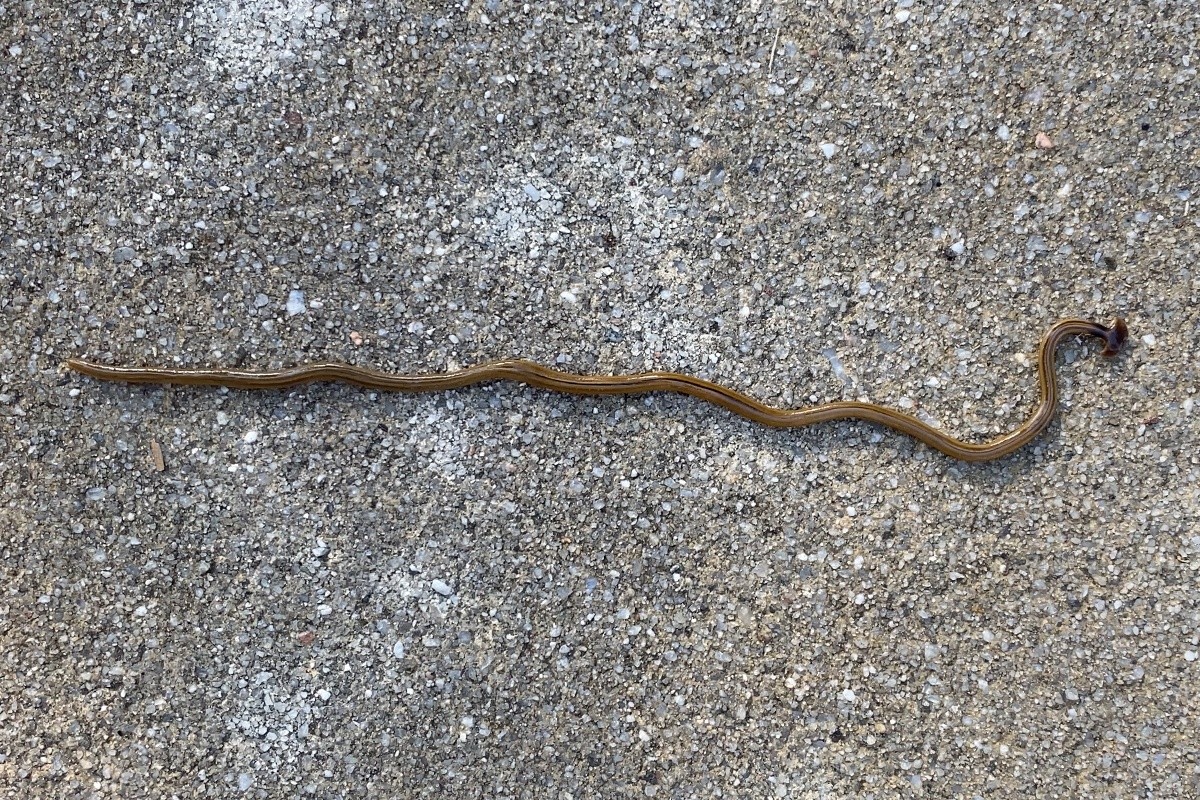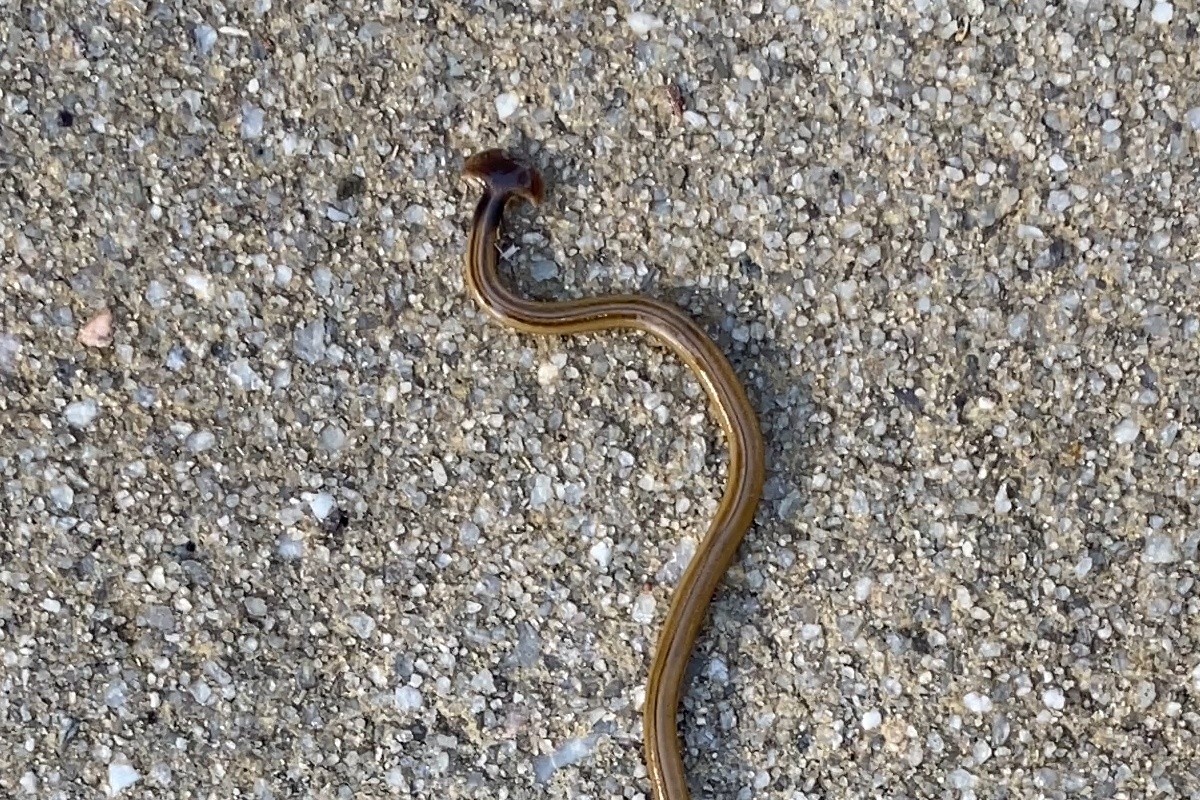BE WARNED! Hideous Invasive Hammerhead Flatworm found in Historic Downtown Beaufort, SC
Grab the salt…just when you think you’ve seen it all, you can always rely on Mother Nature to remind you that you aren’t even close. Considered to be one of the top 100 WORST invasive species on the planet, Hammerhead worms may be lurking in your Lowcountry yard without you even knowing.
These cannabalistic worms can grow up to 12 inches and have a distinctive shovel or hammer-shaped head. So if you think of a hammerhead shark, put that head on a worm, and that’s exactly what it looks like. Dubbed a “toxic terrestrial flatworm,” Bipalium kewense is a carnivorous land planarian known to prey on earthworms, slugs, insect larvae, and other hammerhead worms. Regular earthworms are good for the soil. So the enemy of our friend is… our enemy.

The hammerhead worm secretes a potent neurotoxin, tetrodotoxin, similar to the toxins found in pufferfish which it uses to immobilize its prey and deter predators. The noxious chemicals it releases can cause skin irritation in humans and trigger nausea in animals who consume the worms.
Hammerhead worms are hermaphrodites and can mate with any member of their species, but more often reproduce asexually by fragmentation. Their body breaks off a piece which then grows into a new worm. So that means if a worm is chopped into pieces, each piece will then grow into a new worm. EWWWWW!
Native to Southeast Asia, reports of these hammerhead-shaped invasive worms have become increasingly more common in the Lowcountry. In fact, over 165 sightings in the South Carolina have been announced in the last year on iNaturalist, a social networking service.

Only humans can get rid of hammerhead flatworms
To properly dispose of a Hammerhead flatworm, experts recommend spraying the worm completely with vinegar or putting it in a sealed plastic bag with salt and then into the freezer.
The management of invasive species is challenging and complicated. Preventing potentially invasive species from entering an area is the most effective strategy. Careful monitoring can detect a pest before it becomes established and provide a rapid response to eradicate or control the pest and help to reduce environmental and economic impacts. This requires the awareness, participation and support of everyone in South Carolina. To learn more about Invasive Species in the State of South Carolina please visit https://www.clemson.edu/public/regulatory/plant-industry/invasive/?fbclid=IwAR2FoQc90xg-N0rL9Od1cyRqccAUVg7bMgs44cNTRhslLqec1qZnkSn9XXk
Photos & video by Ginger Wareham







